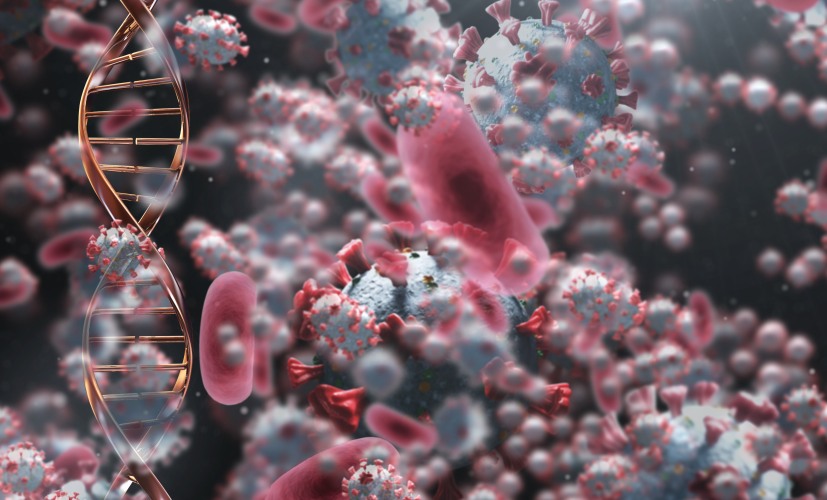
Have you ever wondered why the Inuit people historically enjoyed excellent health?
Generations of Greenlandic Inuit did not suffer from many diseases common in modern society, such as high blood pressure, high cholesterol, cardiovascular diseases, cancer, and kidney stones, before they began consuming thermally processed food. The term "Inuit" originates from the word "eskimasen," used by Native Americans to describe their northern neighbors, meaning "people who eat raw meat." For generations, the Greenlandic Inuit have relied almost exclusively on a diet of raw meat and fish.
Their health began to deteriorate only after changing their eating habits, leading to various illnesses and a sharp decline in their life expectancy.
The root cause of many diseases lies in the food we consume and poor digestion. Additionally, heat treatment of food destroys the enzymes present in it. The body's enzyme production decreases with age, as well as due to injuries, stress, and other factors.
At any given moment, millions of enzymes are at work in our bodies, maintaining vital functions, renewing tissues, and protecting us from infections. Essentially, enzymes are proteins that catalyze chemical reactions in the human body, sometimes speeding them up by over 1,000 times. Enzymes increase the number of natural killer cells by 1,300% and macrophages by 700%, while also stimulating the release of mature stem cells. They facilitate biochemical reactions, support metabolism, and aid in detoxification.
There are thousands of enzymes, each with a specific function related to digestion, nutrient absorption, energy production, and cellular repair. A malfunction in even one of the 2,000-3,000 enzymes in the body can lead to disease.
Enzymes are classified into two main groups: metabolic and digestive.
Metabolic enzymes provide energy, accelerate chemical reactions, and help the body eliminate toxins. They are present in every living cell and enable us to breathe, see, hear, and think.
Digestive enzymes aid in breaking down and absorbing nutrients from food. The most important digestive enzymes include:
- Amylase, which breaks down starch;
- Lipase, which helps digest fats;
- Protease, which hydrolyzes proteins in an acidic environment;
- Alpha-galactosidase, which assists in breaking down complex carbohydrates;
- Lactase, which helps digest lactose in dairy products;
- Cellulase, which breaks down cellulose;
Bromelain, which supports overall digestion, reduces inflammation, minimizes swelling, and has cleansing properties.
Some enzymes are produced by the body, while others must be obtained exclusively from certain raw foods, such as fresh fruits and vegetables, soaked and sprouted nuts and seeds, fermented foods, raw honey, and unpasteurized milk.
The body's capacity to produce enzymes is limited and depends on its needs. Consuming processed foods, fats, dairy products, and starch forces the body to produce excessive amounts of digestive enzymes. This, in turn, limits the production of metabolic enzymes, negatively affecting overall health and vitality. Therefore, supplementing our diet with digestive enzymes is essential for maintaining good health.





